How Should We Then Live? — Episode 4 – The Lollards.
(The following text is transcribed from three spontaneous videos.)
I have been doing a deep dive for a couple months into the Reformation, the Renaissance, and all the kings of England, and the church. I really have wanted to do a “How Should We Then Live” episode on the Lollards. I did one and it was just so dry even Madge looked at me and said, “Honey, I love you but I just think you are going to lose everybody.” Well, it lost me too. It was so esoteric I wasn’t even sure I understood it! So, we are going to try to simplify things. Also, I need to take a break.
Who am I to even open my mouth? I am just another dude, saved by grace. But there is something within me that just loves to teach and share what I study and I’m sure involved in that is a lot of arrogance and megalomania and all of that and that’s what I’m hopefully trying to let God sift out, but there’s so many cool things in the Bible and I think our world is at a precipice— always has been—but I think the study of scripture and the application of it in layman’s terms in ways that uses analogies and things that really can make it very relevant to today’s living; and, it is relevant, it’s just so often teaching history is droll; it’s just facts and it needs to be alive.
Anyway, I’m just out here and it’s a slightly windy, foggy day on Tha Moon and I’m going to continue the rant that started a couple weeks ago about the Lollards. I was supposed to finish it long ‘fore now and I got sidetracked—very ADHD—but I’m back on the tip of Alcorn Island, so I am going to go ahead and finish it.
The Lollards were followers of the early church reformer John Wycliffe, who was a scholar and teacher in Oxford England. He was considered the morning star of the Reformation and completed the first complete English translation of the Bible, which had always been in Latin; only a few clergy and noblemen could read it. Even though he was like 120 years before I think Martin Luther’s 95 Thesis, he was again considered to have come up with some reformation ideas.
His big thing was relying on the Bible as the sole source of truth, not church dogma, church administration, or ecclesiastical overreach or ecclesiastical interpretation of the Bible that often was for the benefit of power and money and even some just causes. Maybe it still overrode what Wycliffe saw as the sole source of truth, the word of God, the Bible as we know it today, and he wanted the Bible to be understood by everybody in the common language, by the common folks and nobles alike, and maybe the reason he didn’t get as much traction as Luther is by the time Luther kicked off (the Reformation ), the Gutenberg printing press had been invented in the 1450s, which allowed for the dissemination of ideas a lot quicker and in the common vernacular.
Wycliffe really preceded Huss and Luther and Calvin and Knox as reformers and I don’t agree with all the reformers any more than I agree with how the church operated then, Catholic or Eastern Orthodox. All the reformers were fallen folks, but there were some things that did come out of the Reformation that I think all Christian denominations and religions would agree were a positive thing as far as the freedom that every person can experience access to God.
His followers were known as Lollards. They were itinerant preachers and pastors. The word Lollard was possibly a pejorative, I think German or Dutch, that just meant they were mumblers or lolling about. Think about lollygaggers. I’m a lollygagger.
There are myriad views about them, and they were co-opted and persecuted by secular rulers, as most religious movements. Everything’s complicated. I mean, you can’t study one person in history or our own selves and not say some positive things and some negative things.
But their focus on the supremacy of God in understood language was a big part of what the Lollards believed. They believed every person ought to have access to God directly, and they did that through book clubs and study groups and in homes. Just breaking bread and doing it around big ideas. Ideas that were just questioning things, which is healthy. I’m very impressed with their steadfastness over all their years, because they were persecuted by secular and religious authorities, who were threatened by them.
Their beliefs eventually led, kind of, to Martin Luther’s five Solas, which meant “alones.” He meant: Scripture alone, Christ alone, grace alone, faith alone, and God’s glory alone. It was just a kind of iconoclastic saying at the time; a belief that challenged church authority. Religious wars did follow the Reformation; millions died through secular and ecclesiastical extremes.
One last thing on the Lollards that did impress me about them is they were just simple folks who wanted a simple life and they wanted to be able to worship God as they wanted to and not have to pay mandatory church taxes while also paying state taxes and being yoked to the land as serfs.
A lot of that led to rebellions, and you could pick a side very easily. But, basically, they wanted a simple life and they wanted the Word of God to be able to be explored and lived and celebrated and shared in the common language and without being persecuted or marginalized.
I appreciate the Lollard’s desire not to be yoked. This will be How Shall We Then Live, Episode 4. Cheers! Y’all have a good day.
It’s kind of cool, I’m over on Alcorn Island and there is a Celtic cross. I’ll have to check out and see what it is.
After watching the three-part series on the Lollards, what are your thoughts on that? And, as far as the series, How Should We Then Live direction-wise or subject matter-wise?
I think it always boils down to how it relates to us today. I think the perspective that you can offer us is you have got this genuine interest in history, and a way to explain it in a way that is interesting.
For example, I’ve never even heard of the Lollard’s. How interesting to hear about people that went outside the church, and they were wanting to be able to read the Bible and we want to get together and talk about it and we want to see how that relates to us and what we think about it. The fact that by just them doing that they were persecuted by other church leaders that were threatened by them?! They were persecuted by non-believers, secular leaders.
How does that relate to us today? My goodness, look at how that’s happening today. So, what can we learn from the Lollards? We can learn from the Lollards how important it is to cling to God’s word. How much Wisdom is in it and that we can’t just rely on religious leaders and secular people who are out there thinking they know the way and this person knows the way. No, God knows the way!
How do we know what God says? We read His word. It is so important. How important it is for us to get together and read it together. Because when you read it… when you and I read the word together, based on what’s going on in our lives, all of a sudden something comes out in a different way than we’ve ever heard it before. It’s because of where we are right now. We can apply God’s word and we can use his Wisdom to enrich our lives and to then, in turn, turn and enrich others with it.
That’s what we’re supposed to be doing and we’re not doing it. We’re thinking sitting in a Pew and just listening to somebody pontificate or listening to someone think that they know the way… No, no. It’s God’s way.
We have got to figure out what is God’s way and the only way we can do that is by reading His word and then living a life that is pleasing to him, based on what we know in His word and what we know to be true. And that is coming from the Holy Spirit that lives within us, that tells us how to act. It’s just that simple.
You just said it all.
That’s what you offer. You can show an illustration of someone else and what they’ve done and point to what we’re doing today and how far off the mark we are and and what we need to do.
You do it better than me. I mean, what you just said is just so true. It’s the application of it. How do we apply it to our lives? How Should We Then Live? I maybe can bring in the historical context to some degree, but what you just said is the application of it. And that’s what we have got to focus on.
That’s what people are craving. That’s what people need. They need to know…how am I supposed to be living in this world? How am I supposed to live and deal with this world? This crazy world?
You draw closer to God. That’s how you do it. None of this other stuff’s that important.
Please comment and share and subscribe.
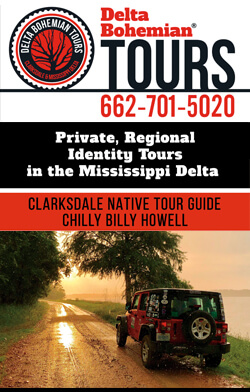

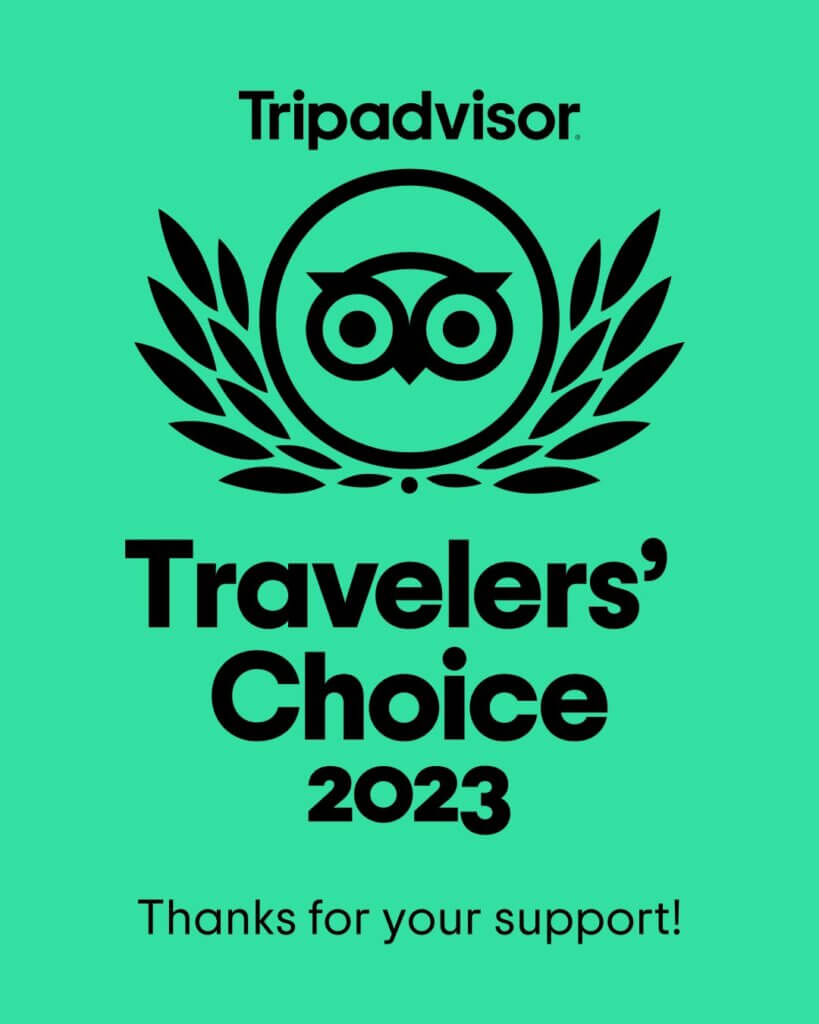
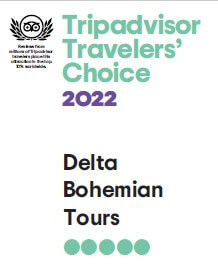
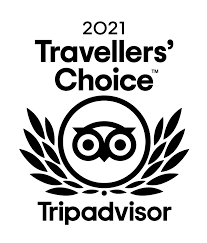
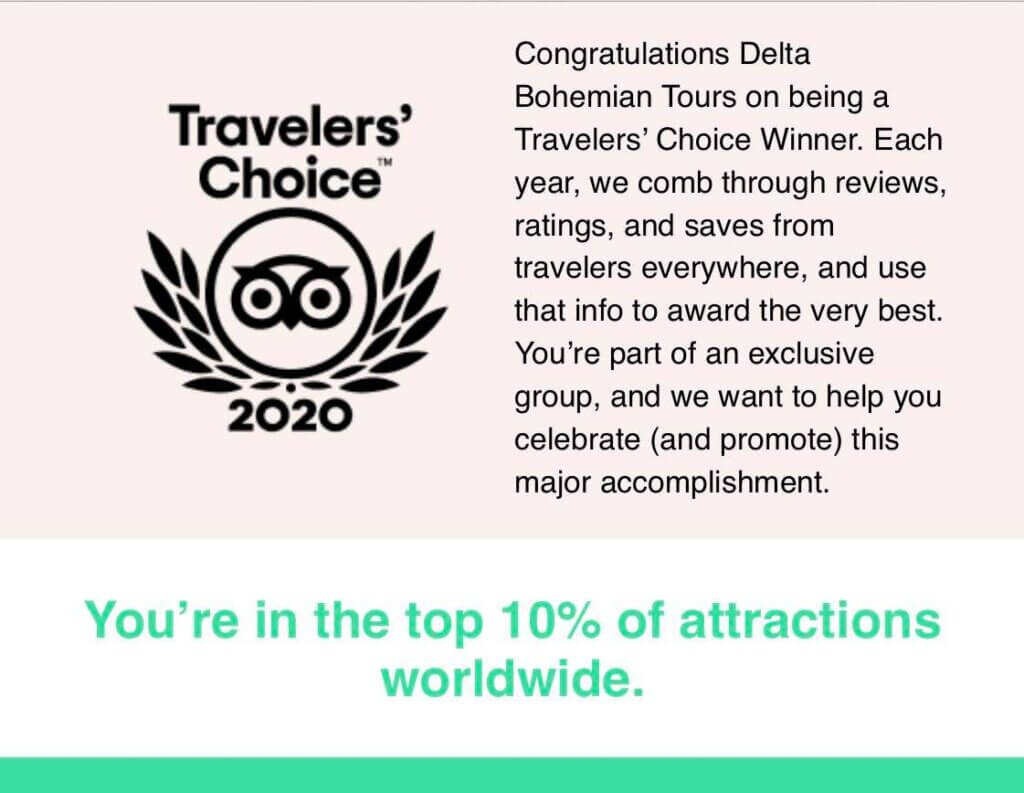

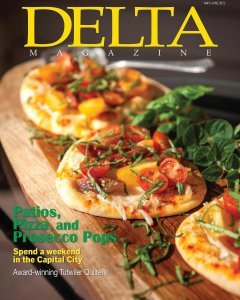


Speak Your Mind